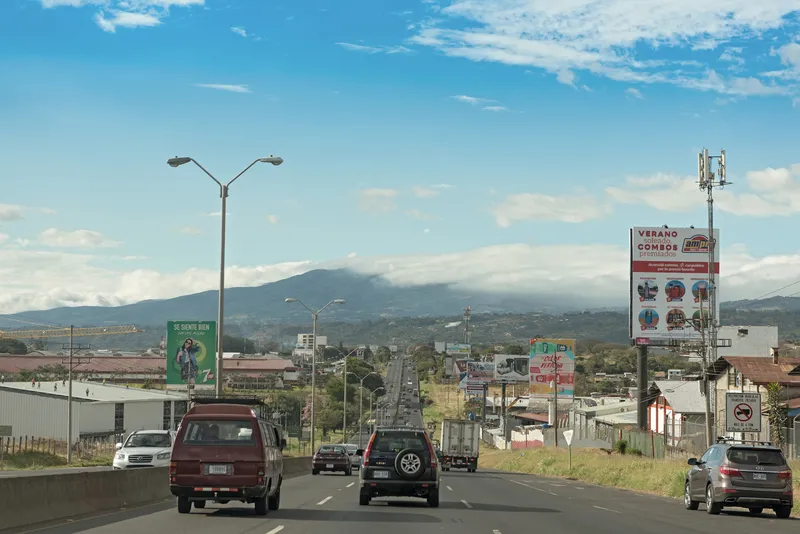
Openvia, the technology platform of road concessionaire Globalvia, has chosen Valerann's AI platform for real-time traffic monitoring in Costa Rica.
The Latin American country's Ruta 27 highway is 76.8 km long, connecting the capital San Jose with Caldera, a port in the Central Pacific Region.
The 'Green Route of Costa Rica’ carries 100,000 vehicles per day, and Lanternn by Valerann is deployed with Ruta 27 roadside infrastructure -
33 mobile and 22 fixed cameras - to provide real-time road traffic information for areas outside the cameras’ vision.
The data analytics solution takes in and processes real-time data from sources including Waze, Google Maps, concessionaire units and vehicle GPS, allowing authorities to detect road incidents and identify traffic issues.
“Ruta 27 introduced smart transport systems to Costa Rica," said Andrés Viveros, director of Ruta 27 operations.
"We are the only route in the country to be monitored by a holistic system and now with the introduction of this new technology what we are looking to do is continue at the cutting edge of transport systems, allowing Ruta 27 to continue as a road of international standard."
Ran Katzir, chief technology officer at Valerann, says: "This deployment is another step in our mission to improve road safety and operations performance all around the world.”










